Sameer’s story is a fictional portrayal written by Samah Asfour, RSN’s Communications Manager, and illustrated by Ayouni Studios. Based on anecdotal evidence and research, it reflects common themes and struggles of statelessness
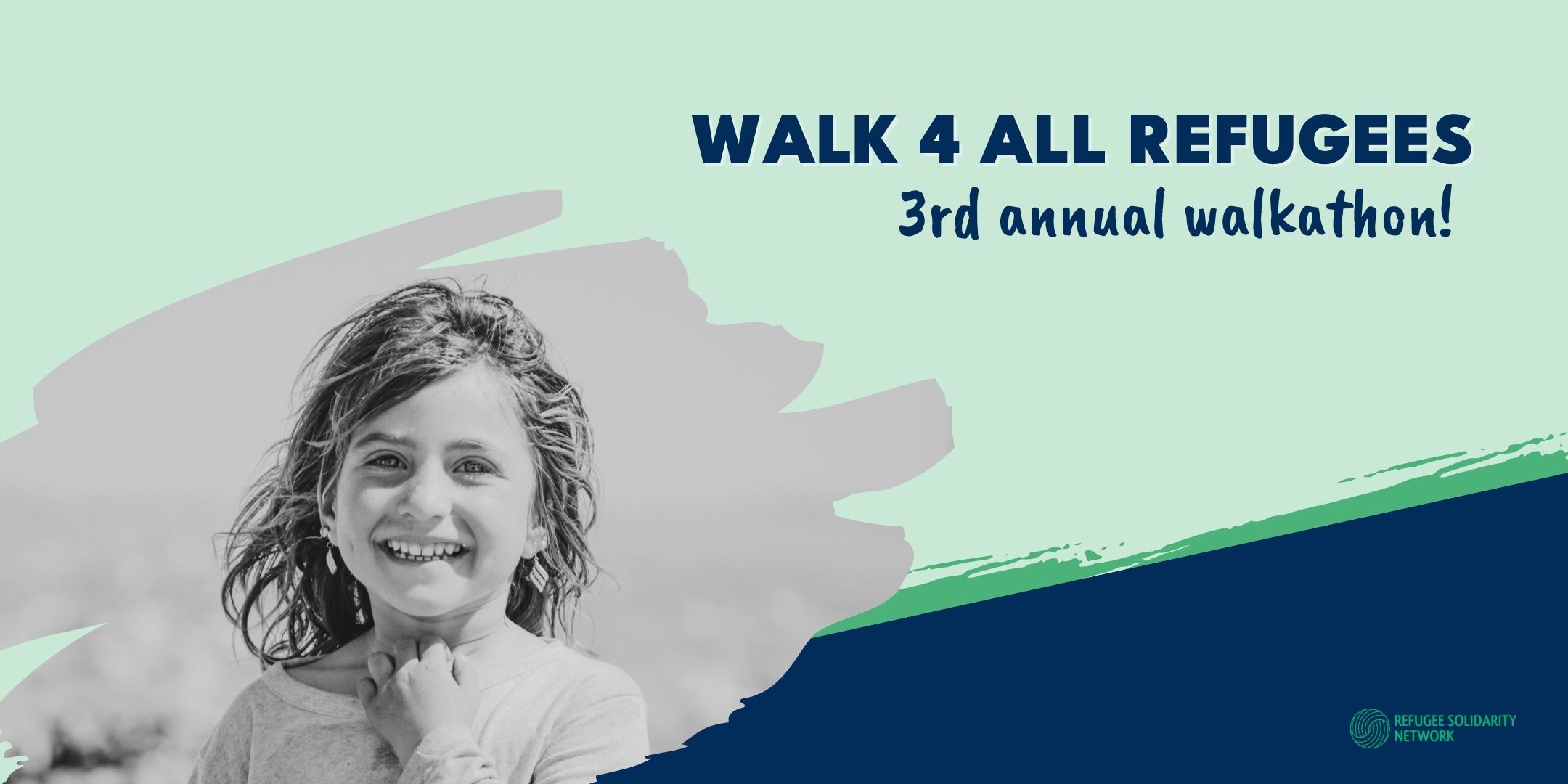
We’re excited to announce our THIRD annual #Walk4AllRefugees Walkathon!
Date: June 1 - June 20, 2023 (World Refugee Day)
Registration ends on: June 15, 2023 at 11:59pm ET.
Location: Virtual Event-Everywhere
Join us as we highlight the difficult journeys of refugee and stateless children around the world.
This global challenge aims to express our solidarity with stateless communities as they struggle to reach safety and obtain legal identity and protection. Help us #HonorTheirJourneys and protect their rights—show your support, one mile at a time!
Welcome to The Walk For All Refugees Walkathon!
What is statelessness and why does it matter to RSN?
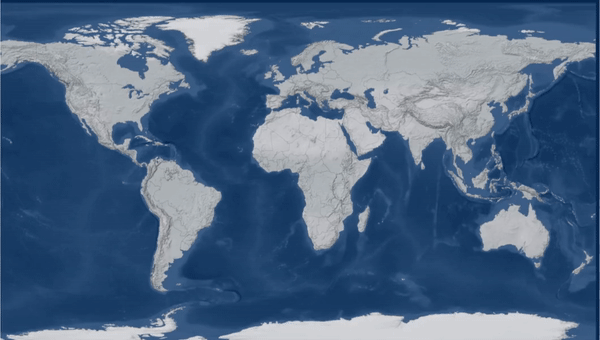
Sameer’s Statelessness Story
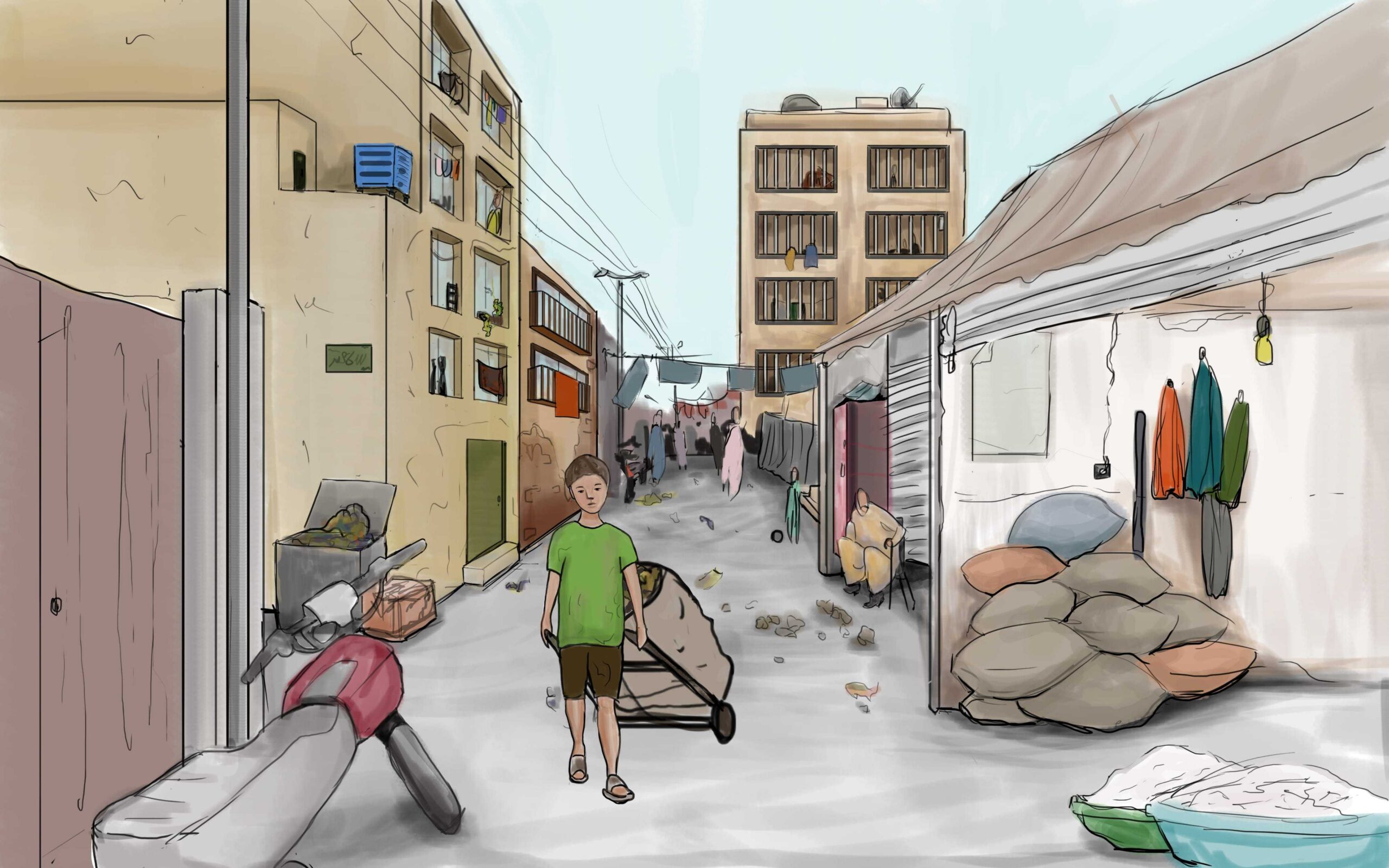
Farzana’s Statelessness Story
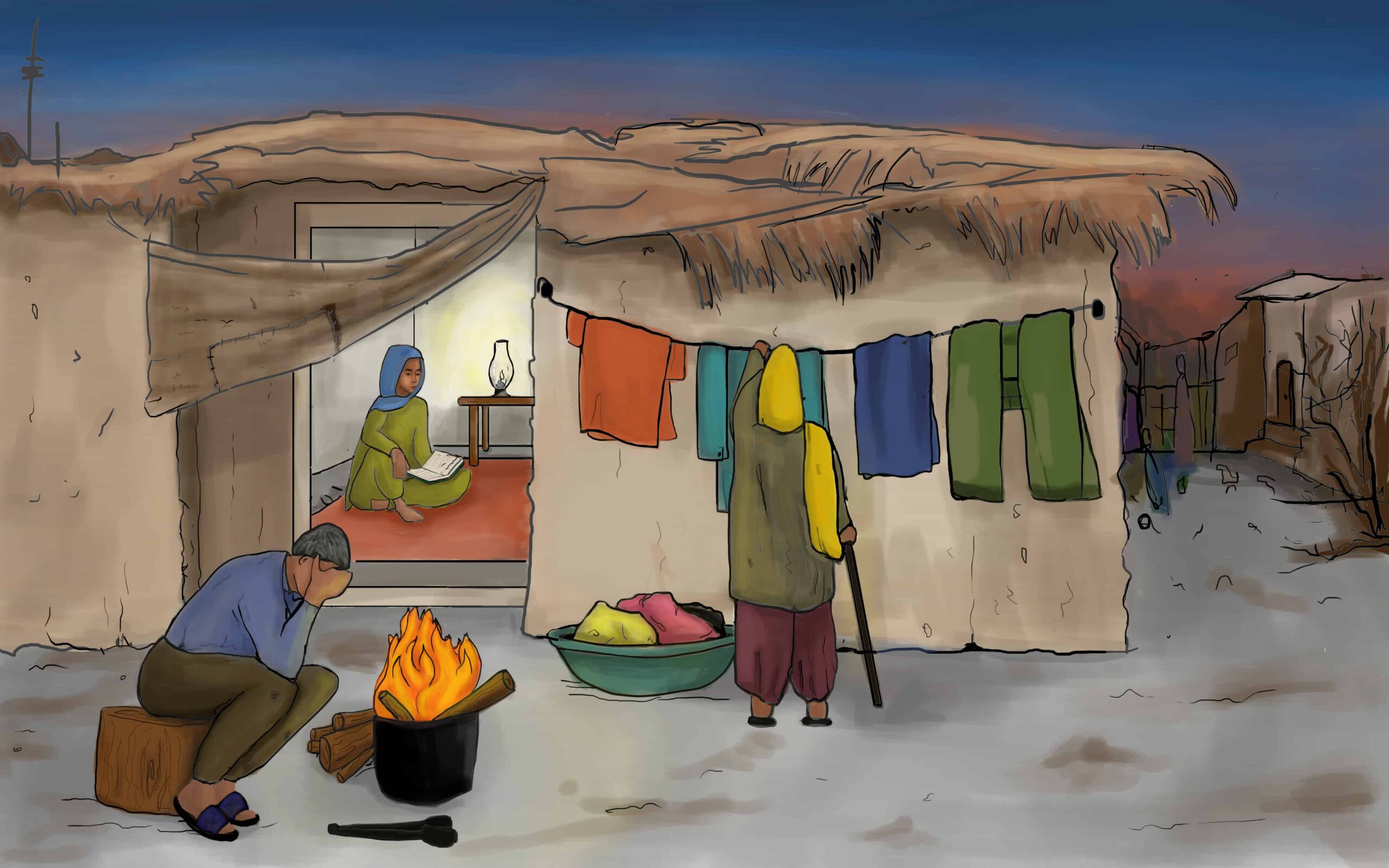
Farzana’s Statelessness Story

Sameer’s Statelessness Story

How the walkathon works
The raffle
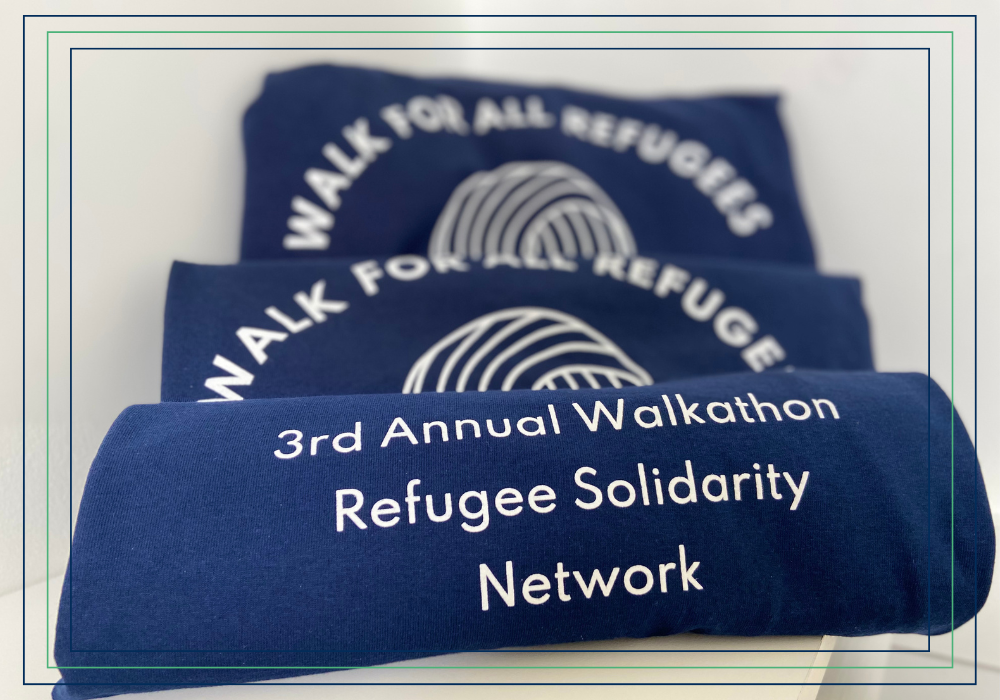
Send us photos of you participating in this year's walkathon!
Email walkathon photos to comms@refugeesolidaritynetwork.org, and we’ll share on social media to help raise awareness.